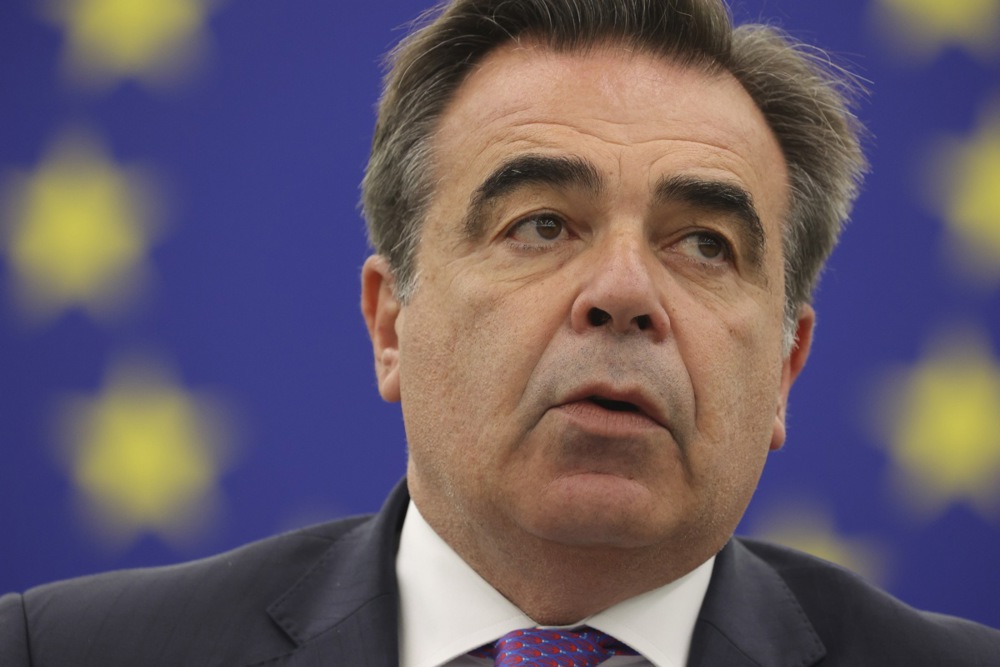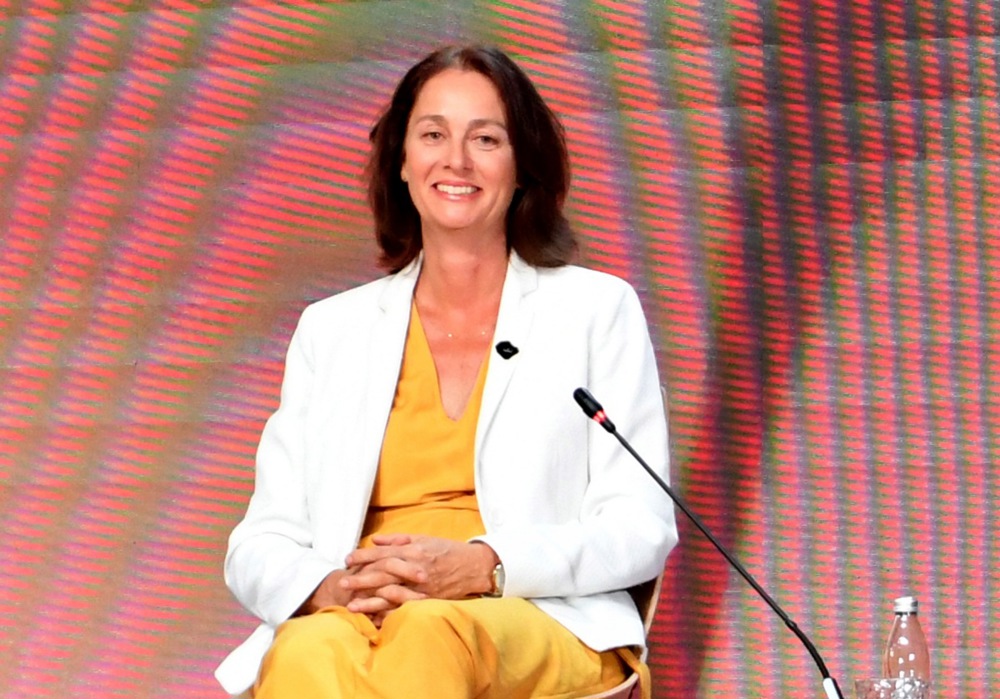While the debate on de-industrialisation in Europe is raging, the European Commission is pumping bags of cash into research exploring regrowth and the “planned economy”.
Germany is in recession and the economic outlook is bad, something that will have consequences for the rest of the European economy. But not everyone thinks that is a problem.
A small group of experts believe that “degrowth” offers the solution. The EC seems open to that idea – it gave researchers €10 million to explore the possibilities.
The World Economic Forum’s definition of the term is: “Degrowth broadly means shrinking rather than growing economies, so we use less of the world’s energy and resources and put wellbeing ahead of profit.
“The idea is that by pursuing degrowth policies, economies can help themselves, their citizens and the planet by becoming more sustainable.”
The European Research Council (ERC), which falls under the competence of the EC, is the premier European funding organisation for so-called frontier research.
The EC grant is set up for further research into degrowth and to “contribute knowledge to a socio-ecological transformation towards a just future.”
“Concretely, we will develop a Post-Growth Deal that explores how to radically reduce energy and resource use while combatting poverty and envisioning a good life for all,” the ERC website states.
Giorgos Kallis, an environmental scientist and one of the ERC researchers, described the grant as, “A clear stamp of relevance and validation.
“The taboo has broken,” he told resilience, a non-profit organisation that is “dedicated to helping the world transition away from fossil fuels”.
The researchers said they see “degrowth as one of the key ‘green economy’ approaches”.
On the website of the European Union, the project is described as intended to “develop equitable North-South convergence scenarios, model human well-being achievement and articulate post-growth policy packages”.
Among the research aims is developing democratic models of provisioning systems to ensure future populations have adequate access to necessities such as energy, food, shelter, health-care and social security, and identifying political and practical steps towards post-growth deals.
Alongside Kallis, the research team includes anthropologist Jason Hickel, who works with Kallis at the Universitat Autònoma de Barcelona, and Julia Steinberger, a professor of ecological economics at the University of Lausanne.
Recently, Hickel published a paper on “how capitalism ‘constrains’ development in the global South and perpetuates mass deprivation” and “how socialist development policy is necessary to deliver decent living standards for all”.
In it, he describes how Communism succeeded in creating a planned economy and “increased production in sectors that are usually neglected under conditions of peripheral capitalism”, while praising growing output during the Stalin-era.
Here's a quick roundup of highlights from research we published in 2022, on capitalism, imperialism, degrowth and decolonization. It's all open-access, and free PDFs are available via the link at the end of the thread. ?
— Jason Hickel (@jasonhickel) January 7, 2023
In May, the European Parliament hosted the Beyond Growth Conference to discuss and co-create policies for sustainable prosperity in Europe, based on a systemic and transformative approach to economic, social and environmental sustainability and its encompassing governance framework.
The organisers aimed to challenge conventional policymaking in the EU and pushed the idea of “a post-growth future-fit EU that combines social well-being and viable economic development with the respect of planetary boundaries”.
The three-day event was a cross-party initiative of 20 Members of the European Parliament and had many prominent speakers, including EC President Ursula von der Leyen and Roberta Metsola, President of the European Parliament.





